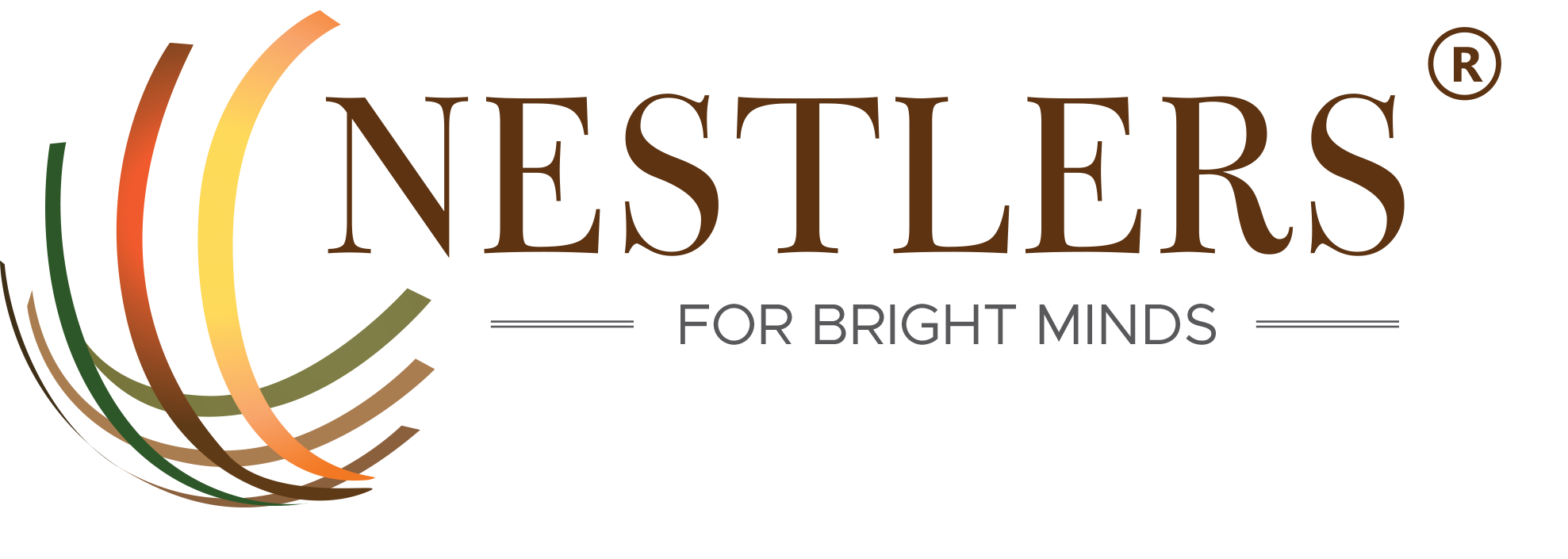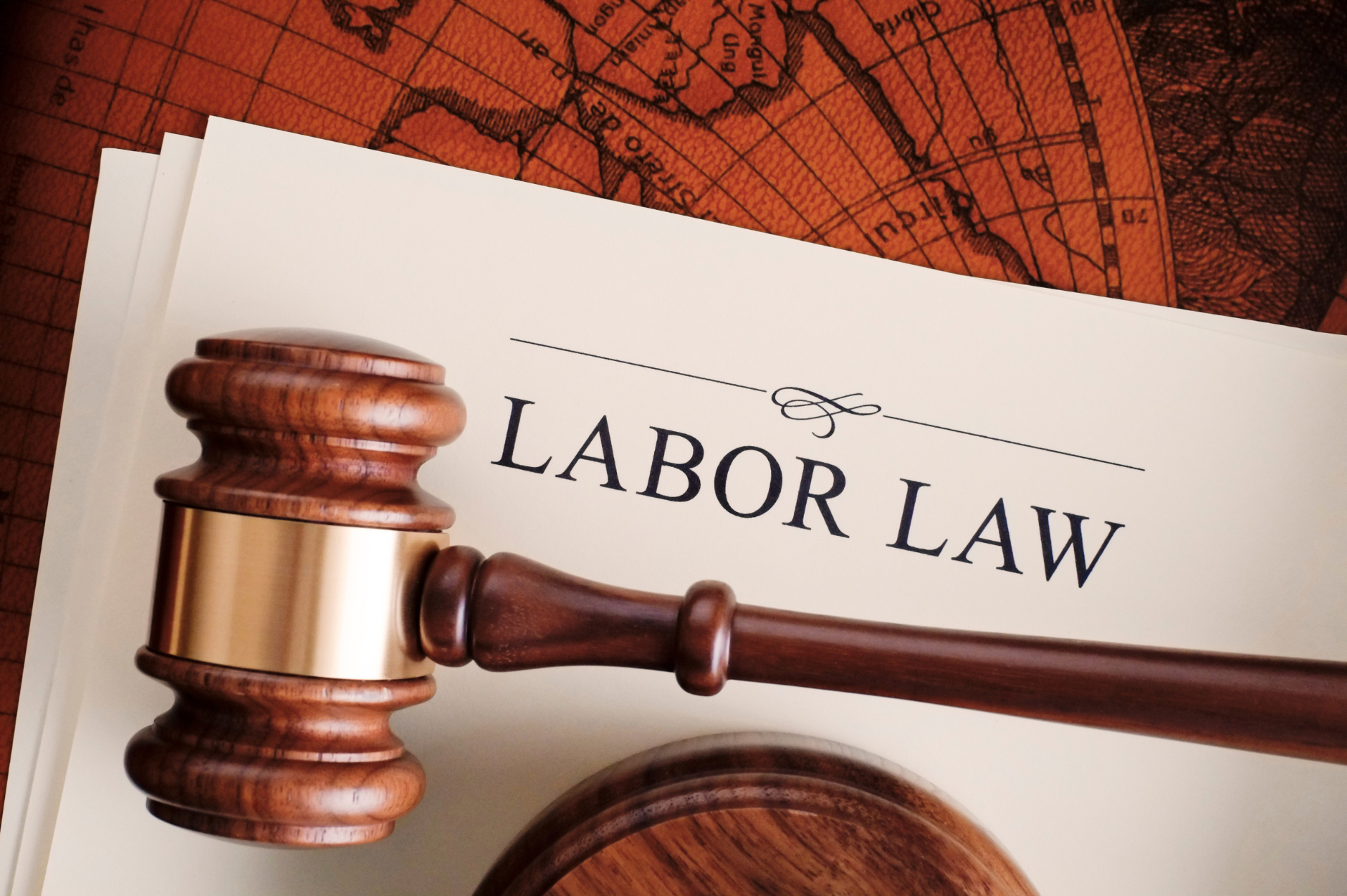Personal relationships, trust and hierarchy are some of the outstanding values that define the Tunisian business culture. The work culture can also come across as more formal and courteous than North American and Nordic countries. Indirect and non-confrontational communication define the way Tunisians prefer to negotiate with foreigners. Decisions, even the simplest ones, are made from the top down. Hierarchy is clearly defined at most firms and always respected.
- Primary Contact: It is important that you announce your meeting or make an appointment well in advance, as well as confirm it several days ahead the scheduled date. Because of the extreme heat, it is recommended that you avoid meetings around July and August. Further, you should also avoid meetings during Ramadan, if possible.
- Punctuality: Punctuality is loosely viewed in Tunisia. While foreigners are expected to arrive on time, they might be kept waiting. Meetings may be delayed and they easily run overtime.
- Greetings: Handshakes are the most common form of greetings among associates. When greeting someone from the other gender, it is appropriate to wait for the woman to extend their hand first. It is appropriate to use formal nouns when addressing someone such as ‘Monsieur’ for men and ‘Madame’ for women, followed by their surname.
- Gifting: Small gifts are very welcomed whenever encountering an associate. Alcohol should be avoided unless you know for sure that the counterpart consumes alcohol.
- Dress-Code: The business dress code is formal and quite conservative: men should be wearing dark coloured suits at all times in a business environment, while women should wear dresses or business suits. Business casual attire might be accepted in some industries.
- Business Cards: Exchanging business cards is typically done at the beginning of a business meeting. It is advised that you have your business card translated on one side in Arabic and the other in English. When presenting the card, the card, the side that has your host’s language should face up.
- Business Meetings: During meetings, small talks at the beginning of a meeting are recommended, as it is considered quite rude to delve into negotiations right away. Small talk also serves the purpose of establishing trust in between you and your counterpart. Business lunch and dinners are common as Tunisians like to get to know their foreign counterparts in less formal settings. Negotiations tend to continue over meals; however, it is better to take cues from Tunisian associates in this regard.
In conclusion, personal relationships are crucial to closing a successful deal in Tunisia. Tunisians prefer getting to know their foreign counterparts and establishing a certain level of trust before engaging in business. It is advisable to set up a network of business acquaintances or to be introduced via mutual acquaintances. Well-groomed appearance and courteous manners also go a long way in earning the respect of Tunisians.
Connect with Nestlers consultants
Do you need immigration and relocation services or consultancy?
It’s easy! Use the below contact form and one of our experts will provide you an answer as soon as possible.
Our consultants can help you in obtaining legal documents and can provide you with assistance regarding the immigration processes, relocation, taxes and payroll, Social Security (European forms A1, S1, U1, etc.) for your employees.





